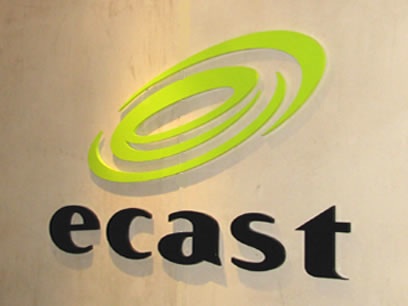US-based jukebox supplier Ecast has closed down after failing to raise enough capital to continue operating.

The company’s vice president of network operations, Scott Walker, commented: "We worked diligently for this not to happen. We appreciate all the support from jukebox operators and the industry."
Walker is among 55 Ecast employees who have lost their jobs. Jukeboxes formerly connected to Ecast's network can continue to function locally, meaning that only music stored on a system's hard drive can be played. Vendor capabilities like remote management services and such consumer options as single-song downloads, social media interaction and cashless payments, or anything else requiring an internet connection, are no longer available.
While Ecast jukeboxes continue to operate at reduced capacities, there is a limited amount of time they are allowed to do so. Ecast jukeboxes store content in album format and the average capacity on a box is about 150 albums.
AMI president and chief executive Mike Maas told national trade press he was very surprised to learn about the sudden shutdown of Ecast's network. His main concern is the potential negative effect that a large number of offline jukeboxes will have on the entire industry over the long-term.

